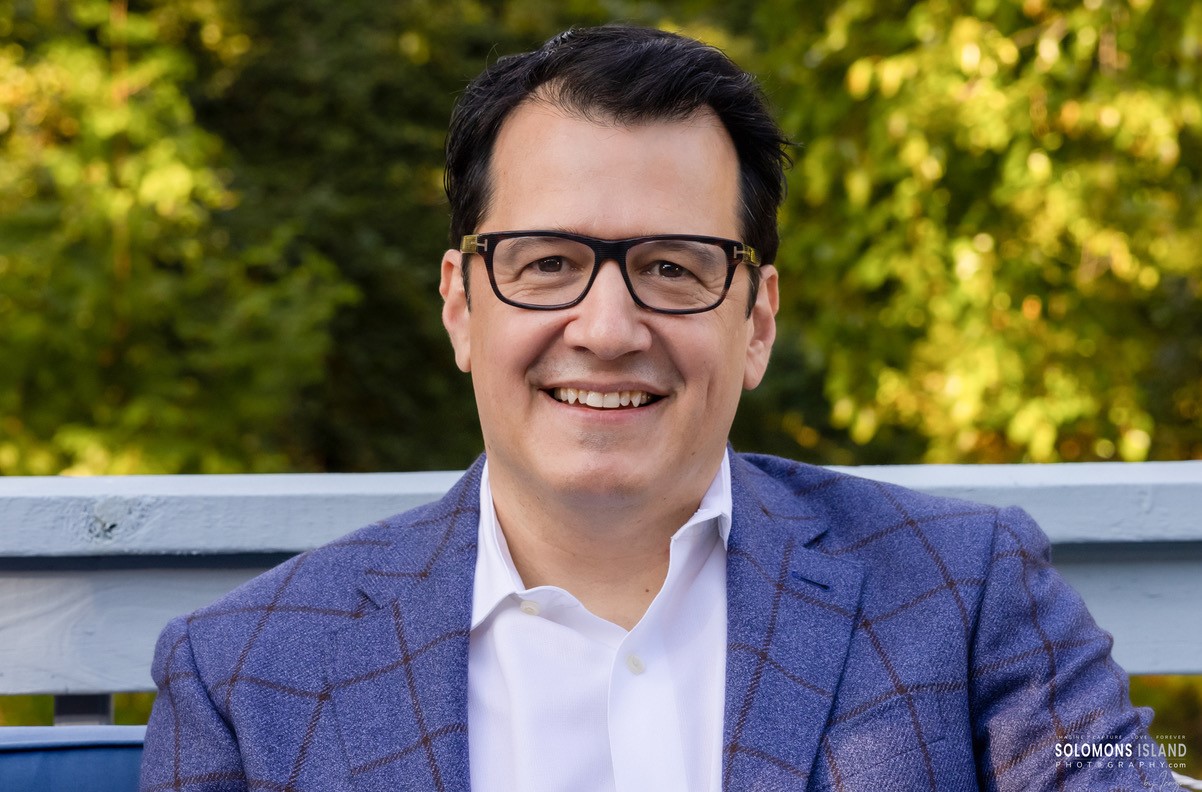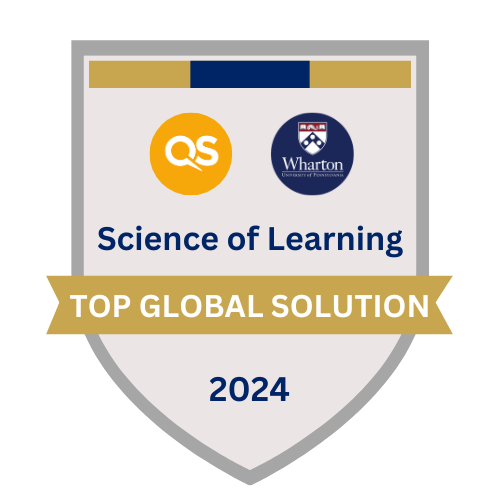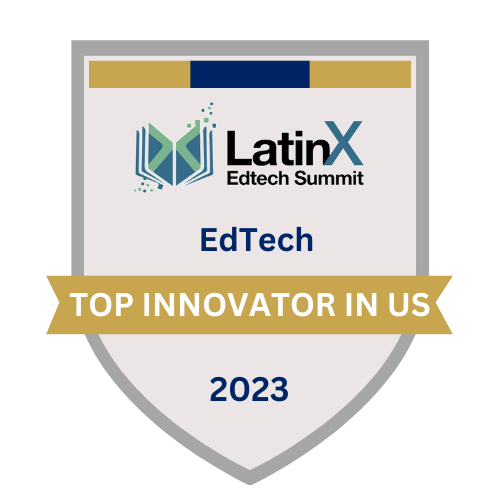What Our Programs Achieve
Equity: best "in class" resources for everyone in your class
__
An education succeeds when teaching and learning are synonymous. This requires us to teach our students to learn effectively. Through research we know 1) learning is a science that must be taught and 2) when we fail to do so, students rely on the least effect strategies to learn. This may be magnified for low-income students who do not have the resources to obtain specialized support outside of the classroom. Equity is achieved when every single student, regardless of socio-economic status, is taught to learn effectively. Their success in school and life is dependent on their ability to learn.
Diversity: optimize how you personalize
__
Learning is a cognitive process. Cognition is malleable. Every single student has a unique cognitive profile which is affected by their behaviors and life experiences, including their emotions. Teachers must be trained to identify differences in cognition, emotion and behavior between their students while equipping them with evidence-based techniques to effectively personalize their instruction for their diverse learners.
Excellence: make teaching and learning synonymous
__
Decades of scientific research reveal the principles of human learning that lead to academic performance. Unfortunately, research also reveals how uncommon training on the science of learning is. This is because the departments of education that train our teachers to teach are decoupled from the departments of cognitive science that specialize in understanding how humans learn. We close this gap by synthesizing and translating research on human learning into application-ready programs that are science and evidence-based. This enhances excellence in teaching and learning.
Wellbeing: tools for a whole child approach
__
Our brains are changing constantly and shaped by our life experiences, which in turn affect our ability to learn. Therefore, while learning is a cognitive process, it is interconnected to our emotions and behaviors. To enable the success of our learners and educators, we must develop a keen understanding of how adversity can affects us and equip our educators with tools that foster the emotions, relationships and behaviors essential to learning.





